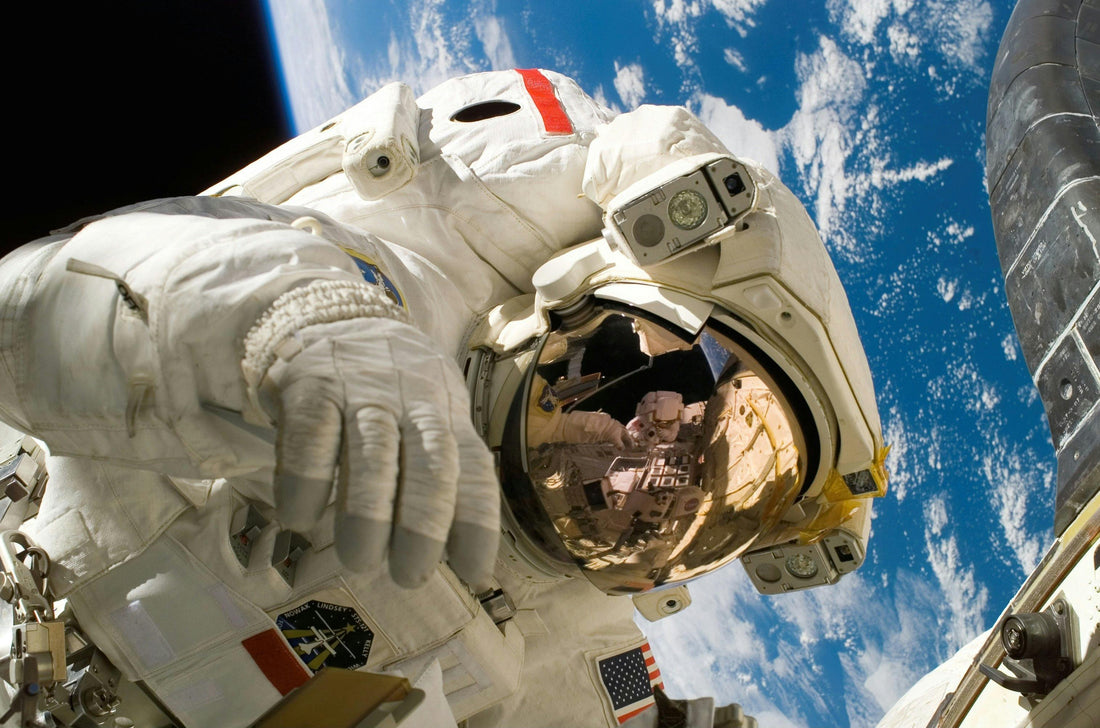
How Astronauts Train Like Athletes for Mars Missions
Share
Introduction
Space travel sounds exciting, but it’s tough on the body. In long missions like a trip to Mars, astronauts can lose muscle, bone strength, and even coordination. A new study explains how sport science can help astronauts stay strong and healthy during spaceflight by training like athletes.
The Challenges of Spaceflight
Living in space affects almost every part of the body. Without gravity, muscles and bones get weaker. The heart doesn’t have to work as hard, and balance and coordination are harder to control. Sleep can also be disrupted, and the immune system may not work as well.
All these changes make it harder for astronauts to perform basic tasks, especially when they land on Mars and face gravity again.
The Athlete Approach
The study suggests treating astronauts like “tactical athletes.” This means using the same science used to train professional athletes. These athletes follow strict training programs and are monitored closely. Astronauts can benefit from this same approach to stay ready for the physical demands of space missions.
Monitoring the Body
Just like coaches monitor athletes, scientists now track astronaut health before, during, and after missions. They measure things like:
- Muscle strength
- Heart rate and breathing
- Balance and coordination
- Sleep and stress levels
By checking these areas often, astronauts can train smarter, recover better, and stay healthy in space.
Training Before and During the Mission
Before leaving Earth, astronauts follow special exercise plans to build strength and endurance. The fitter they are before launch, the easier it is to stay strong during the mission. During spaceflight, astronauts use special equipment to keep training. They do strength exercises and cardio workouts using devices that work without gravity.
Smart Nutrition and Sleep
Staying strong isn’t just about exercise. Astronauts also need proper nutrition and sleep. The study says eating enough protein and vitamins helps protect muscles and bones. Good sleep is also important for brain function and recovery. Experts are working on ways to improve sleep in space, like better lighting and quiet environments.
Special Tools and Equipment
Since space is tight, equipment must be small and useful. Tools like force plates, hand-held strength devices, and smart sensors help monitor progress. Exercise machines are designed to provide resistance in zero gravity, helping maintain strength and endurance.
Looking Ahead
Mars missions will be the longest and most demanding yet. Astronauts may spend over two years away from Earth. The study highlights the need for a full training plan—one that starts months before launch and continues until astronauts return home.
Conclusion
Spaceflight is like a high-level sport, and astronauts are the athletes. Using sport science—exercise, nutrition, sleep, and smart monitoring—can help them stay healthy and perform well on Mars. With the right preparation, astronauts can explore new worlds and safely return to tell the story.
